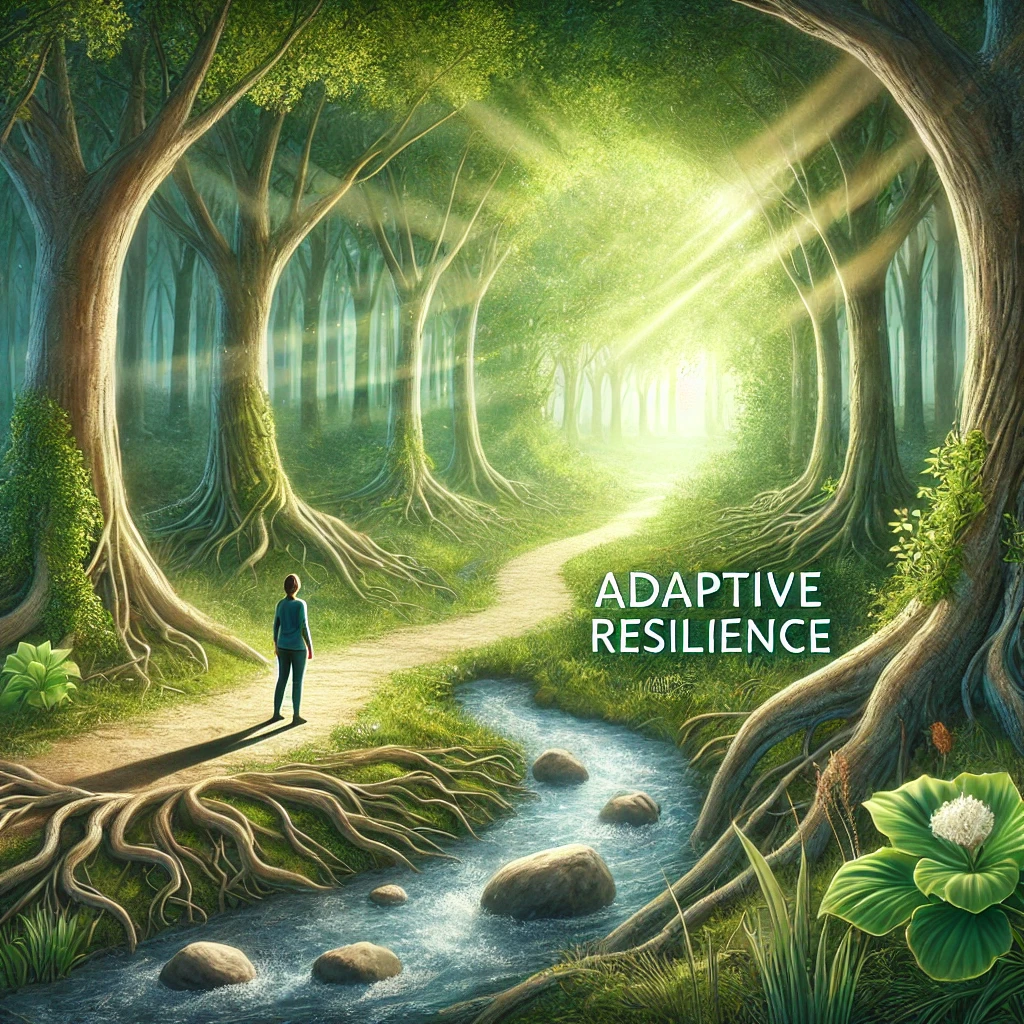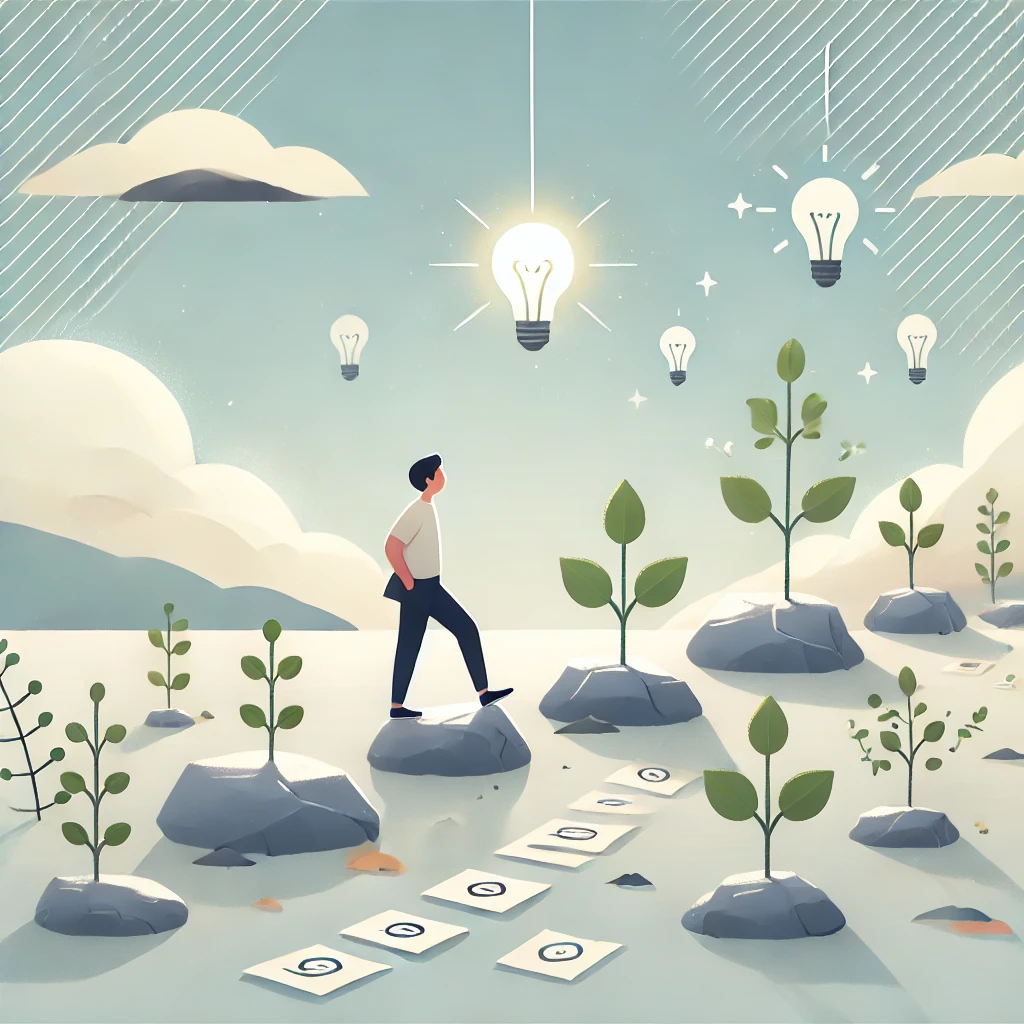Introduction
The way you talk to yourself profoundly impacts your mindset—and by extension, your reality. Your inner dialogue influences how you see yourself, your potential, and the world around you. Positive self-talk can uplift and empower you, while negative self-talk can limit your growth. However, developing healthy self-talk goes beyond simply thinking positively—it involves recognizing when to challenge negative thoughts, practicing self-compassion, and adopting an adaptive resilience mindset that balances personal empowerment with self-care.
The Link Between Self-Talk and Mindset
Your thoughts shape your beliefs, and those beliefs shape your actions. Negative self-talk—such as “I can’t do this” or “I’m not good enough”—can discourage you from taking on challenges and lead to missed opportunities. While positive self-talk can foster a growth mindset, it’s essential to balance it with an awareness of when to adapt, seek support, or give yourself a break. Adaptive resilience allows you to challenge negative thoughts while also respecting the need for rest and reflection.
Identifying Negative Self-Talk Patterns
Negative self-talk often goes unnoticed because it becomes deeply ingrained. Common patterns include:
- Catastrophizing: Expecting the worst possible outcome in every situation.
- Overgeneralizing: Making sweeping statements like “I always fail” or “I never get anything right.”
- Self-labelling: Defining yourself by perceived shortcomings, such as “I’m lazy” or “I’m not smart.”
Recognizing these patterns allows you to begin shifting your internal dialogue.
Reframing Negative Thoughts into Empowering Ones
The good news is that you can reframe negative self-talk into more constructive alternatives:
- Challenge your thoughts: When you catch yourself engaging in negative self-talk, ask, “Is this really true?” Often, these thoughts are exaggerated or distorted.
- Replace with adaptive alternatives: Instead of saying, “I’m terrible at this,” try “I’m still learning, and that’s okay.” Reframing your thoughts helps you shift your focus from limitations to possibilities, while also acknowledging the need for patience and adaptability.
The Power of Affirmations, Visualization, and Rest
Affirmations can reinforce a healthy mindset. For example, repeating “I am capable and adaptable” can boost confidence. Visualization, where you imagine yourself overcoming challenges, primes your mind for success. Additionally, practicing self-compassion through rest and reflection is just as important as self-empowerment. Knowing when to take a break fosters emotional resilience, helping you maintain long-term well-being.
Conclusion
Your inner dialogue directly influences your mindset and how you experience the world. By becoming more aware of your self-talk, reframing negative thoughts, and practicing adaptive resilience, you can cultivate a balanced and empowering mindset that helps you thrive, not only through persistence but through compassion and flexibility as well.
See also the following articles
Psychology Today: The 5 Types of Self-Talk Your Brain Likes Best and Self Talk
Very Well Mind: The Toxic Effects of Negative Self-Talk
Positive Psychology:What is Positive Self-Talk?
Journal Prompts
- What are the most common phrases I say to myself throughout the day? Do they tend to be uplifting or critical?
- How do I talk to myself when things don’t go as planned? How does this impact my motivation and well-being?
- Think of a recent situation where I was hard on myself. How could I reframe those thoughts into more compassionate or constructive alternatives?
- How would I feel and act if I chose to believe in my ability to learn and grow, even through mistakes? What might change for me?
See the earlier posts in this series looking at the importance of mindset:
How to Shape your Inner World for Outer Success




